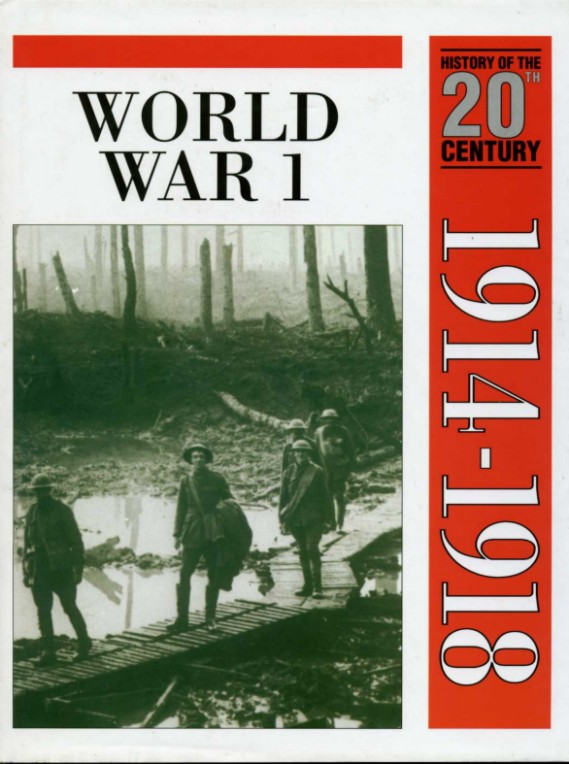World War I recalled in poignant 90th anniversary tributes
 London/Paris - Commemorations to mark the 90th anniversary of the end of World War I were held in Britain and France Tuesday, made particularly poignant by the participation of the last survivors in Britain from the conflict branded "the war to end all wars."
London/Paris - Commemorations to mark the 90th anniversary of the end of World War I were held in Britain and France Tuesday, made particularly poignant by the participation of the last survivors in Britain from the conflict branded "the war to end all wars."
In London, Prime Minister Gordon Brown attended a solemn ceremony and two-minute silence at the Cenotaph memorial which were led by the three remaining World War I veterans in Britain whose lives have spanned the entire 20th century.
Veterans Henry Allingham, 112, Harry Patch, 110 and Bill Stone, 108, were pushed in wheelchairs to place their wreaths of red poppies - the flower to mark the war dead - in a moving ceremony almost certain to be the last significant anniversary that any of those who fought in the trenches will mark.
Only last week, 108-year-old Sydney Lucas, one of the five British survivors of World War I, died in Australia, where he emigrated in the 1930s. Another of the known British survivors, 107-year-old Claude Choules, is still alive in Australia.
"For them to get to the 90th anniversary is in itself tremendous. ... It's a tribute to mankind in a way," said Dennis Goodwin, chairman of the World War I Veterans' Association.
In France, ceremonies held at Verdun, the major Franco-German battlefield, were led by President Nicolas Sarkozy and attended by Britain's Prince Charles and his wife, the Duchess of Cornwall, as guests of honour.
Sarkozy, accompanied by his wife Carla Bruni, and the British royal couple were joined by Lady Quentyn Bryce, the governor-general of Australia, European Commission President Jose Manuel Barroso, European parliament President Hans-Gert Pöttering and EU foreign policy chief Javier Solana.
Prince Charles joined Sarkozy to inspect the Guard of Honour and then, together with Grand Duke Henri of Luxembourg, laid wreaths in memory of the 300,000 dead.
British press reports said German Chancellor Angela Merkel, who Tuesday took part in independence commemorations in Poland, had cancelled plans to attend the Verdun event in the last minute, furious at Sarkozy's decision to switch the venue from Paris to Verdun.
"What should have been a dignified coming together today of once bitter foes threatened to blow up into a diplomatic dispute," the Daily Telegraph said Tuesday.
According to the paper's report from Paris, the French government's statement on the change of venue said at the time: "The presence of the German Chancellor will be particularly symbolic."
An organizer of the event at Fort Douaumont, scene of the 11-month Battle of Verdun, told the Telegraph Merkel had made an "eleventh hour decision to stay away."
"She's annoyed that Sarkozy has chosen a symbol of Germany's shameful militaristic past for this event. The kind of dignified ceremony which has taken place in Paris for decades would have been perfectly appropriate."
Merkel was represented at the ceremony by Peter Mueller, president of the German Bundesrat (upper house of parliament).
But a spokesman for Merkel's office Tuesday rejected British reports that the chancellor had cancelled plans to go to France out of dismay at the choice of venue.
He said the French option "was never concretely planned" in Merkel's schedule.
On November 11, 1984, former German Chancellor Helmut Kohl and the late French President, Francois Mitterrand, sealed Franco-German postwar reconciliation with a symbolic holding of hands above the graves of Verdun.
Europe was scarred and reshaped by the horrific war, with memorials erected in most towns to the 8.5 million soldiers killed and nations such as Poland winning independence from the German and Austro-Hungarian empires.
The war pitted Germany and Austria-Hungary against France, Russia and the nations which were later to make up the Commonwealth, with the United States entering the war in 1917 on their side.
In his address Tuesday, Sarkozy made a point of embracing Germany when he said: "If we are reunited here, where once a President of the French Republic stood hand in hand with a German Chancellor, it is not to celebrate the war, it is not even to celebrate the victory of one side over the other."
"If we are reunited, it is to pay homage to all those who fought until the bitter end with patriotism in their hearts and in the belief they were defending a just cause," the French President said.
The anniversary, known as Armistice Day, marks the day in 1918 when the Armistice Treaty signed by the wartime allies and Germany to end World War I came into effect. (dpa)